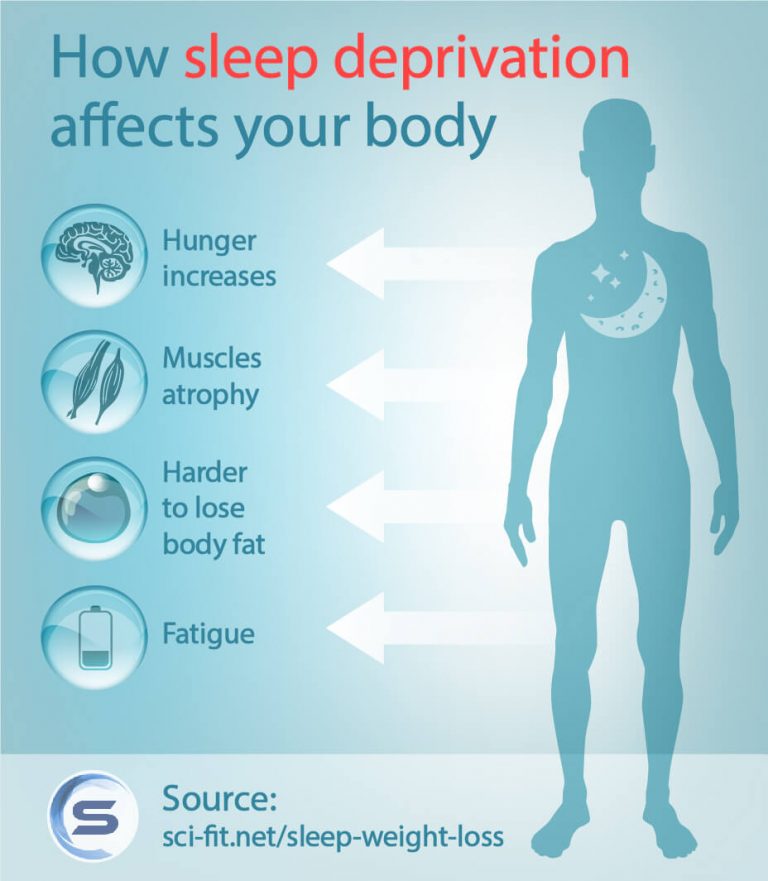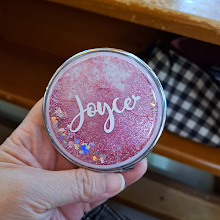Prevention is better than cure
You have heard this many times, prevention is better than cure. When it comes to prevention, we will have to talk about living a healthy lifestyle to protect ourselves and people around us from COVID-19.
Truth to be told, the pandemic has altered many of our daily routines and contributed to unhealthier lifestyles among a significant proportion of the population due to physical inactivity, unhealthy eating, and sleeping disturbances.
According to Info Sihat, during the COVID-19 pandemic in 2020 and 2021, several critical public health measures were adopted, including lockdowns and limitations of access to public spaces for physical activities. Unfortunately, these measures - although necessary - have had a negative impact on physical activity levels and sedentary behavior, when they were already insufficient among Malaysians.
Thought process behind promoting a healthy lifestyle
Personally, I believe that instead of the advice-giving kind of communication style, a more people-centered, conversational style of communication will elicit better responses because it provokes the thought process behind why one needs to live a healthy lifestyle.
Hence, for Mission 2, I commit to promoting healthy behaviors in my community by initiating conversations regarding the domain of fitness, i.e., physical activity, healthy eating, and emotional well-being.
Fitness domain #1: Why is regular physical activity important?
Regular physical activity is crucial for people of all ages. It can reduce high blood pressure, help manage weight, and reduce the risk of heart disease, stroke, type 2 diabetes, and various cancers - all conditions that can increase susceptibility to COVID-19.
Regular physical activity can help give our days a routine and can be a way to stay in contact with family and friends. It's also good for our mental health - reducing the risk of depression, cognitive decline, and delaying the onset of dementia, and improving overall well-being.
However, telling people about the importance of engaging in 30-60 minutes of uninterrupted physical activity every day may not result in long-term health behavior change. This actually happened to me. In fact, I disliked being told that I need to exercise or else I will become fat.
Instead, why don't we initiate conversations with people in a way that probes them to think about what they could do for just 5-10 minutes per day to improve their physical activity?
For example, I have been leading a sedentary lifestyle due to the pandemic. What I'm doing now to increase physical activity is that I will park my car at the far end of the office block to increase my daily steps count. I will also take walking breaks once every 2-3 hours. I keep track of my steps count with my smartwatch.
The idea behind getting people to think about what they are willing to do to increase physical activity is to build confidence and capacity, while avoiding injury or a sense of failure or resentment. Thus, a long-term behavior change can be achieved.
Fitness domain #2: What is healthy eating?
Healthy eating is more than just understanding what to eat and what not to eat or what is healthy food and what isn't.
It's also crucial to look into the thought processes associated with eating habits, how to respond to hunger cues properly, etc. Many people have a negative perception about dieting. Hence, a non-diet approach can produce a more long-term eating behavior change while not relying on rigid diet rules or strict weight-reduction diets that seldom work in the long run.
Fitness #3: How is emotional well-being playing a part towards a healthy lifestyle?
It's true that physical activity and healthy eating are often tied to a person's emotional well-being. Many have experienced feelings of anxiety, stress, and unhappiness due to the restrictive pandemic situations.
Even something as sidelined as lack of sleep or perhaps even the loss of positive self-image, self-esteem, and confidence could potentially lead to a less than ideal emotional well-being, which in turn will lead to even lesser physical activity and healthy eating. It's like the chicken-and-egg situation.
Hence, instead of pointing out what the person should or should not be doing, it's best to practice kindness and mindfulness while sharing strategies for coping, such as how to express feelings in a safe environment, talking to someone you can trust, using relaxation methods, and taking time for self-care.
I'm a big fan of incorporating small and incremental changes rather than an "all-or-nothing" approach in terms of promoting a healthy lifestyle.
By setting smaller goals such as walking more steps per day, eating more servings of fruits and vegetables, taking time to do things that I enjoy, I find that I'm a much happier person.
Related posts:
Be A Champion Against COVID-19
Mission 1: Sharing the facts & stop misinformation about COVID-19
Mission 3: Personal responsibility & self-monitoring
Mission 4: Staying mentally healthy during COVID-19
Mission 5: Supporting COVID-19 vaccination
Mission 6: Living with the virus





























































